Next week Aung San Suu Kyi will make her first visit to the U.S. since becoming Myanmar’s leader, during which she’ll likely request, among other things, that Myanmar be granted access to our Generalized System of Preferences, commonly known as GSP.
While the Trans-Pacific Partnership trade agreement has been one of the biggest issues in this year’s presidential election campaign—with both Hillary Clinton and Donald Trump having said they will not support its ratification—the much smaller policy issue of whether or not to give Myanmar GSP access could have a measurable impact on U.S.-Asian relations in the coming years.
GSP originated in the 1970s when developing countries in multilateral trade negotiations pressed the wealthy countries to grant preferential to imports from poor countries. As stated by the Office of the U.S. Trade Representative, “GSP is the largest and oldest U.S. trade preference program. Established by the Trade Act of 1974, GSP promotes economic development by eliminating duties on up to 5,000 types of products when imported from one of 122 designated beneficiary countries and territories.”
Burmese exports were granted GSP access to the U.S. in 1976. Its access was suspended in April 1989 in the wake of the mass uprising against military rule in 1988 and the formation of a new junta that put opposition leader Aung San Suu Kyi under house arrest. The technical basis for suspending GSP was failure to meet the eligibility criteria related to workers’ rights.
The Trade Act of 1974 includes two mandatory criteria relating to labor rights that must be met for a country to be declared eligible for GSP. These criteria are aimed at eliminating the worst forms of child labor and “taking steps to grant internationally recognized worker rights.”
From 1989 to 2011, under military rule, Myanmar was clearly ineligible for GSP from the U.S. on the basis of these criteria. Following the national election in late 2010, however, the military-dominated government of Myanmar began to implement a succession of bold reforms to create a more open and democratic country. Aung San Suu Kyi’s house arrest ended and she was elected to a seat in the lower house of the parliament in an April 2012 by-election. In response to these reforms, the U.S. government began removing or suspending the extensive and complex set of political and economic sanctions it had imposed on Myanmar during the preceding two decades.
More dramatically, Aung San Suu Kyi’s party, the National League for Democracy (NLD), scored a landslide victory in the remarkably free and fair national election held in November 2015, and she is now the leader of Myanmar’s first civilian government in more than 50 years. Naturally, the U.S. government has accelerated the withdrawal of sanctions in support of the NLD’s program of political and economic reforms. A main sticking point now is GSP.
In April 2013, the U.S. Trade Representative initiated a review of GSP for Myanmar and an initial hearing was held two months later. The review remains ongoing, with significant lobbying efforts on both sides of the issue. The U.S. business community and the U.S. foreign policy establishment are supporting early action to renew Myanmar’s eligibility for GSP. A number of non-governmental organizations are opposed to this on the grounds that more needs to be done to justify giving Myanmar GSP access to the U.S. market.
Significantly, the European Union granted Myanmar GSP access to its market in July 2013, based on a labor rights assessment by the International Labor Organization. It appears that the U.S. is now the only democratic country in the world withholding GSP from Myanmar.
When Aung San Suu Kyi visits the U.S. next month, among her requests for U.S. support for the historic and hugely difficult political transition in her country will be the reinstatement of GSP access. How can anyone doubt that her government will be working diligently to meet international standards for worker rights? How can the U.S. as a whole possibly lose from granting Myanmar GSP access now? The volume of Myanmar exports to the U.S. is tiny and is likely to remain tiny for years to come even with GSP access.
In a public speech in May 2016, White House Deputy National Security Adviser Ben Rhodes noted the ongoing GSP review and concluded with these words:
“No transition to democracy takes place overnight. Progress will be measured not just in months and years—but in decades—as neighbors like Indonesia demonstrate. But I am hopeful about the future of Burma because I have come to know, respect, and admire the people of this great country. We’re betting on them.”
It is not easy in this election season to find the political support necessary to reinstate Myanmar’s GSP access. Doing so in the context of Aung San Suu Kyi’s September visit to Washington could become the centerpiece of the visit and remove doubts among the people of Myanmar about the U.S. commitment to strengthening democratic rule in their country.
The Brookings Institution is committed to quality, independence, and impact.
We are supported by a diverse array of funders. In line with our values and policies, each Brookings publication represents the sole views of its author(s).
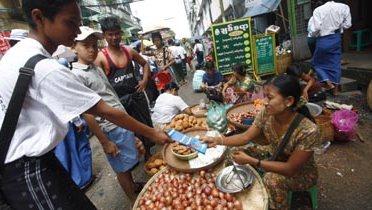
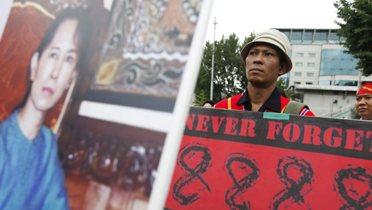
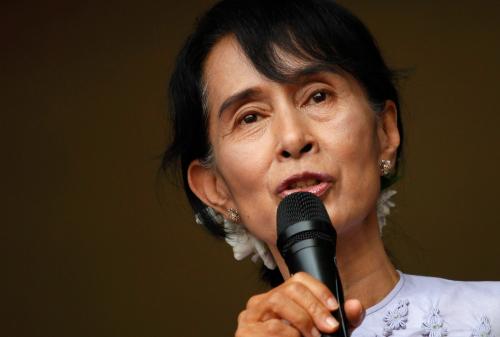

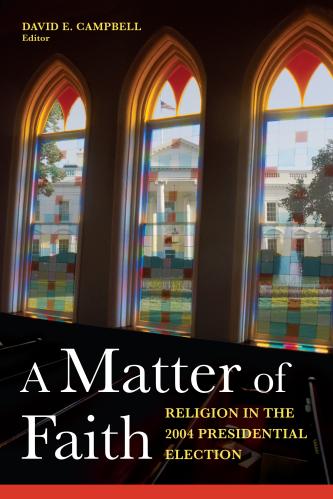
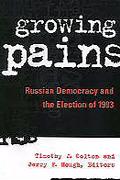




Commentary
Myanmar: A little trade issue with big consequences
September 7, 2016